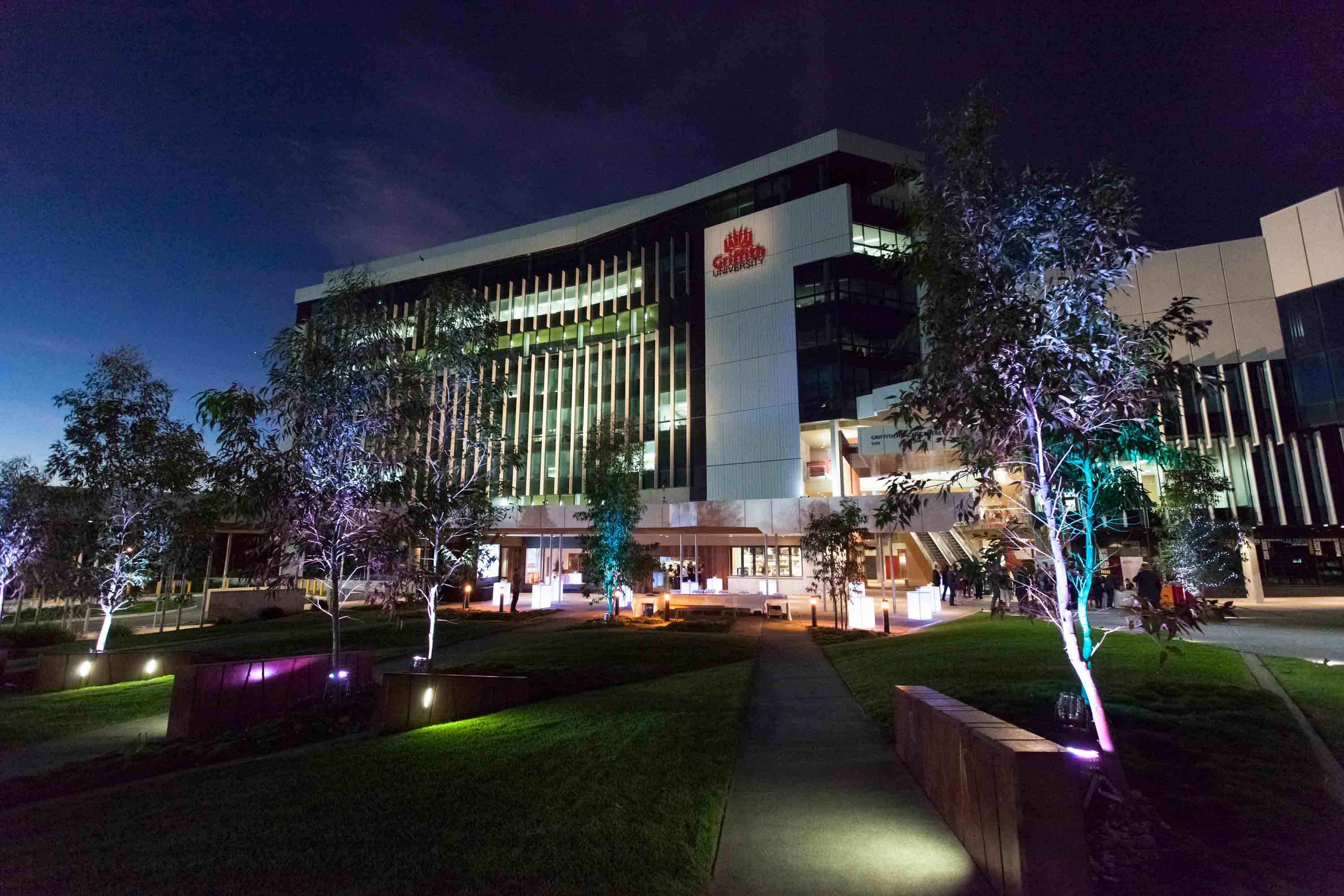
Principal speaker
Dr Ollie Jay
Other speakers
Bryce Balmain
Menzies Health Institute Queensland
Understanding Chronic Conditions Program Seminar
Topic 16 - Heart, Mind & Body
Dr Ollie Jay - Title: A new method for assessing thermoregulatory impairments during exercise in clinical populations
Abstract
What exercise intensity should one use to compare the thermal responses of different groups/individuals so that any difference observed is truly due to an independent influence of the variable under examination, and not a result of systematic bias? Since the mid-1960s the most widespread approach has been to prescribe exercise eliciting a fixed intensity relative to an individual's aerobic capacity (i.e. %VO2max) due to a strongly held belief that VO2max is a potent physiological modulator of thermoregulatory responses. However we have recently demonstrated that, contrary to conventional wisdom VO2max does not seem to independently modify changes in core temperature or sweating during exercise in a compensable environment. Most recently we have developed a new experimental approach to enable physiologists to identify the true independent influence of various factors on thermoregulatory capacity during exercise in the heat.
Biography
Dr Ollie Jay - is a Senior Lecturer in Thermoregulatory Physiology, and Director of the Thermal Ergonomics Laboratory, in the Faculty of Health Sciences at the University of Sydney, and Lead Researcher of the Charles Perkins Centre (CPC) Research Node on Climate Adaptation and Health. Ollie obtained his PhD in Thermal Physiology from Loughborough University, UK in 2002, he then gained international postdoctoral research experience at Simon Fraser University and the University of Ottawa. His research activities primarily focus on developing a better understanding of the physiological and physical factors that determine human heat strain and the associated risk of heat-related health problems during work and/or physical activity, as well as among the general population during heat waves.
Bryce Balmain - Title: Thermoregulatory responses to exercise in people with heart failure
Abstract
Health agencies worldwide recognise the negative impact of rising global temperatures on human health and well-being. A rise in sustained heat waves will particularly affect individuals with heart failure as they represent a population that is most vulnerable to heat-related morbidity and mortality. The results of a limited number of studies examining thermoregulation in the context of heart failure remain difficult to translate into clinical practice as they have often been conducted in encapsulated environments (i.e. water-perfused suits) using non-physiological thermal challenges. Moreover, there have been no studies to date that have comprehensively examined thermoregulatory responses of patients with heart failure during exercise in the heat. It is this combination of heat and exercise which individuals suffering from heart failure find most challenging. This presentation will discuss the findings of some key studies focussing on thermoregulation in heart failure and describe some of the ongoing work in this area.
Biography
Bryce Balmain - is a Doctoral Candidate within the School of Allied Health Sciences and Menzies Health Institute Queensland at Griffith University. Prior to commencing his doctoral studies in 2015, Bryce completed a Bachelor of Exercise Science (with First Class Honours) degree at Griffith University. Bryce's main area of interest lies in human thermoregulation in chronic disease, and his Doctoral Thesis focuses on the thermoregulatory responses to exercise in heart failure patients. Bryce has published his work in respected peer-reviewed scientific journals and was the recipient of a travel scholarship by the American Physiological Society to present his work at the 2016 Experimental Biology meeting in San Diego, CA, USA.
Events Flyer
Download this seminar flyer here.
RSVP
Please RSVP here.
Event categories
RSVP
RSVP on or before Tuesday 26 September 2017 , by email uccmenzieshiq@griffith.edu.au , or by phone (07) 5678 0907